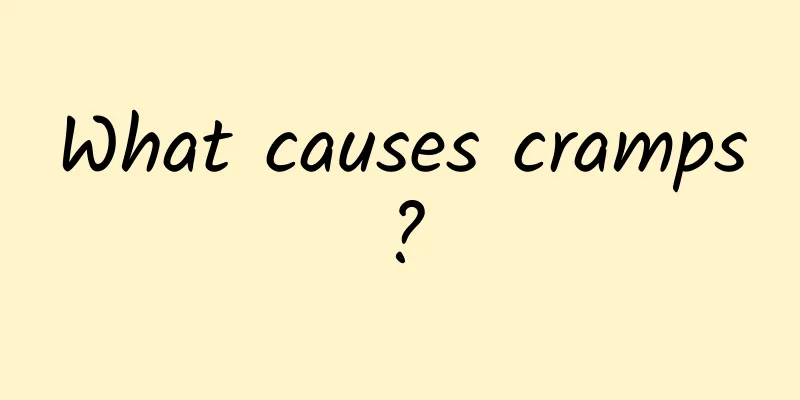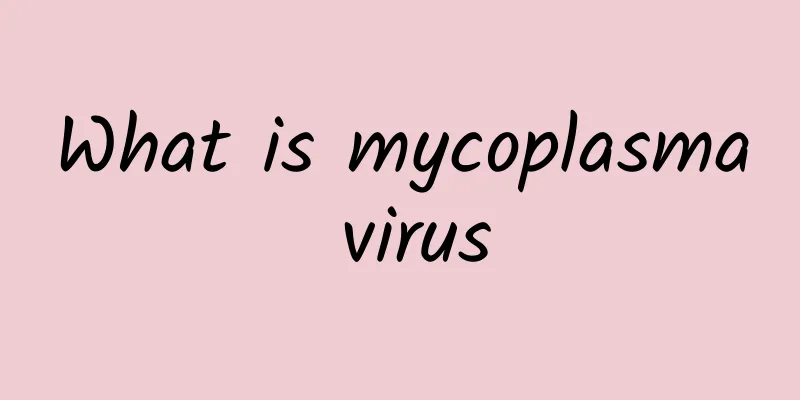Dialysis puncture needle

|
Dialysis is a separation and purification technique that separates small molecules from biomacromolecules. The main principle is to use semipermeable membrane technology to excrete metabolic waste and excess electrolytes in the body's fluids, thereby achieving the purpose of purifying body fluids. Dialysis is divided into hemodialysis, peritoneal dialysis and colon dialysis. The main method of dialysis is to use a dialysis puncture needle to implant a semipermeable membrane into the body and purify the blood through a dialyzer. Hemodialysis Hemodialysis, abbreviated as hemodialysis, is also commonly known as artificial kidney or dialysis. It is a type of blood purification technology. It utilizes the principle of semipermeable membrane to diffuse and remove various harmful and redundant metabolic wastes and excess electrolytes in the fluid out of the body, thereby achieving the purpose of purifying the blood and correcting the balance of water, electrolytes and acid-base. The thickness of the semipermeable membrane used in hemodialysis is 10-20 microns, and the average pore size of the membrane is 3 nanometers, so only small molecules with a molecular weight below 15,000 and some medium-molecular substances are allowed to pass through, while large molecules with a molecular weight greater than 35,000 are not allowed to pass through. Therefore, proteins, pyrogens, viruses, bacteria and blood cells are all impermeable; urine is mostly composed of water. If you want to replace the kidneys with artificial kidneys, you must excrete a large amount of water from the blood. Artificial kidneys can only use osmotic pressure and ultrafiltration pressure to achieve the purpose of removing excess water. The artificial kidneys currently used, namely hemodialysis devices, all have the above functions, thereby regulating the quality and quantity of blood to make it close to the physiological state. Note: Hemodialysis, Hemo refers to blood, and dialysis comes from Greek, meaning the release of certain substances. Peritoneal dialysis Peritoneal dialysis uses the peritoneum as a semi-permeable membrane and gravity to infuse the prepared dialysate into the patient's peritoneal cavity through a catheter. In this way, there is a concentration gradient difference of solutes on both sides of the peritoneum, and the solutes on the high-concentration side move to the low-concentration side (diffusion effect); water moves from the hypotonic side to the hypertonic side (osmotic effect). The peritoneal dialysis fluid is continuously replaced to remove metabolic products and toxic substances from the body and correct water and electrolyte imbalances. Colon dialysis Colon dialysis is a procedure that involves injecting filtered water into the colon to cleanse the intestines, remove toxins from the body, and fully expand the contact area between the colon mucosa and the drugs. Special liquid medicine is then injected to allow the liquid medicine to absorb various toxins from the body through the colon mucosa and excrete them in a timely manner. Finally, a special Chinese medicine preparation is injected and retained, and the colon mucosa is used to absorb the active ingredients of the drugs, thereby treating the kidneys, reducing adverse reactions and turbidity, and reducing uremic toxins such as blood creatinine, urea nitrogen, and uric acid. |
<<: Why does it hurt after sex?
>>: Why does it hurt down there when I go to the toilet?
Recommend
Itchy lower body after giving birth
If you still have itching symptoms down there hal...
How to treat saddle uterus
In fact, for saddle-shaped uterus, because it is ...
How to treat endocrine disorders? Both Chinese and Western medicine have tricks
Endocrine disorders are a disease that makes peop...
What is polycystic kidney disease?
With the continuous advancement of modern science...
How to correct the pelvis? This can be done without surgery!
Nowadays, urban women have to bear double challen...
What are the symptoms of Qi deficiency and excessive fire? What should I do if I have qi deficiency and excessive fire?
Qi deficiency and excessive fire is a common mani...
What are the effects and side effects of turtle shell powder?
It is well known that Chinese medicine treats som...
What causes genital herpes?
Female diseases have been particularly prevalent ...
Causes of mycoplasma infection in newborns
Mycoplasma infection in newborns is relatively co...
Are hemorrhoids contagious?
Is hemorrhoids contagious? Many friends are afrai...
Can Bifidobacterium cure colitis?
Bifidobacterium can treat chronic diarrhea and ha...
What are the symptoms and warning signs of chronic nephritis?
Chronic nephritis is a type of kidney disease. Mo...
Normal anus and hemorrhoids
When people develop hemorrhoids, they must receiv...
The effect of pepper water on hemorrhoids
Hemorrhoids are a disease mainly caused by patien...
Who is not suitable for Sanren Soup?
Sanren Decoction is a traditional Chinese medicin...









